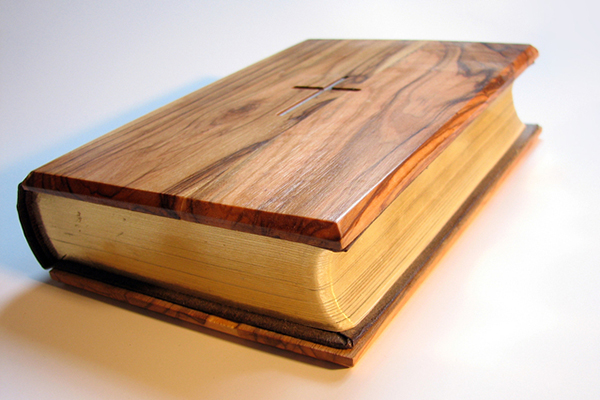Walking around inside our home is complicated nowadays by “toddler gates.” It’s not children we are watching after but Olivia and Maui, our two cats.
Both already had physical limitations. Maui is 14 years old and missing one of her hind legs. Olivia is only 6 but blind.
Both are well adapted, and they get around without much trouble. However, they sometimes take a “rest break” in the wrong places. So we keep them away from some carpeted areas. We are always having to step over the barriers or move them. It is annoying.
Nobody enjoys encountering barriers. But people with mobility problems constantly have to deal with barriers.
Although churches and other religious entities are not required by law to provide access for disabled people, Baptists do try to help.
Soon after Bob Terry became editor of The Alabama Baptist, he made the building accessible for folks in wheelchairs. The sidewalk was changed in one area to eliminate the curb. A lift and an elevator were installed, and a rest-room was made wheelchair accessible.
The May 24 issue contains articles describing ways churches can assist people who have disabilities.
Many church members lose part of their sight as they age. For those living alone, the situation is often made worse by their loss of ability to drive. Churches might be able to arrange rides for those who want to come but don’t have a ride.
Churches also perform a valuable service when members regularly visit those who no longer are able to attend church.
Members of Muscle Shoals First Baptist Church, where Bro. Jeff Noblit serves as pastor, make an average of 70 to 80 visits per week to people who are “homebound.”
Church staffer Teresa Allen said the church has daytime Bible studies at four assisted living facilities each week. About 40-50 attend.
About 30 church members go visiting weekly. They have prayer and often a short Bible reading or even the Sunday School lesson.
Members who do the visiting fill out a card to tell what they did and write prayer requests or any special needs to keep the staff informed. They turn the cards in during their regular Sunday School class or drop them in the offering plate.
The church’s minister of administration, Bro. Norman Rich, said, “We do it (visit) because it is the right thing to do. … It gives them added joy, peace and contentment.
“We help them bring back memories of their commitment to the Lord,” he said. “Sometimes we have professions of faith. We try to look at getting old as a good thing. God is in control. He calls us home at the right time.”
The church also helps by broadcasting on television and radio.
The Alabama Baptist got a letter last week from a man in prison. He had seen copies of the paper through another inmate whose wife sometimes sends them. The writer said, “I thoroughly enjoy reading it and was wondering if there was any way I might be able to receive The Alabama Baptist here to read and share.” He said he is a Southern Baptist “and I enjoy hearing what the Lord is doing in Alabama and around the world.”
The writer asked prayer “for God’s leadership in mine and my wife’s lives during and after my incarceration. … The Lord has forgiven me and so has my family, and each day I follow the path the Lord has before me.”
Does your church send the paper to people you know in prison?
At this time of year, those who aren’t yet troubled by mobility problems may be going on trips. But let’s stay faithful in our giving.
Brother Mark McClelland, new pastor at Willow-brook Baptist Church in Huntsville, recently challenged his folks to “trust God with your finances by returning the tithe to Him.”
The response was gratifying. Giving more than doubled over the same Sunday last year!





Share with others: